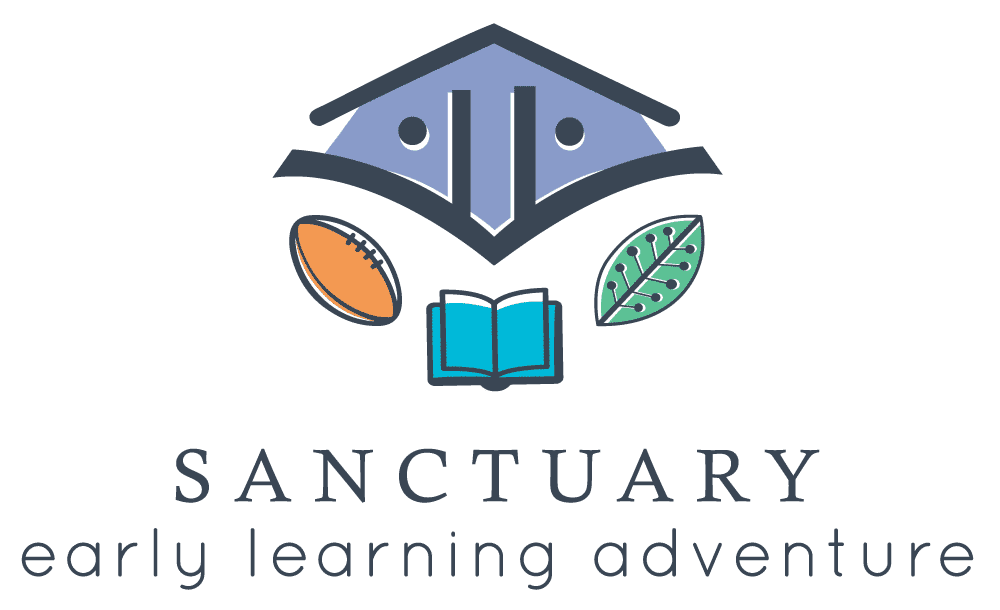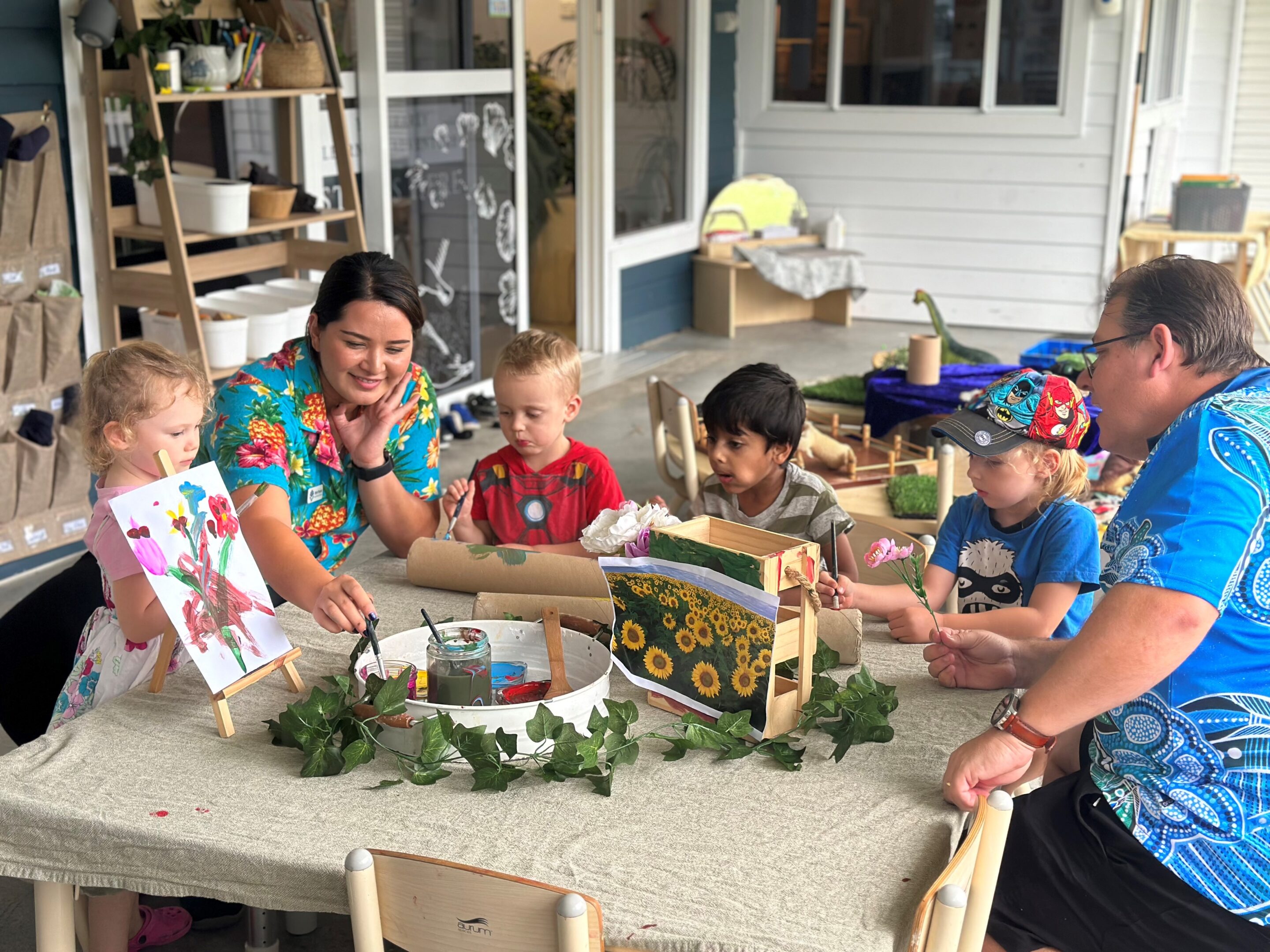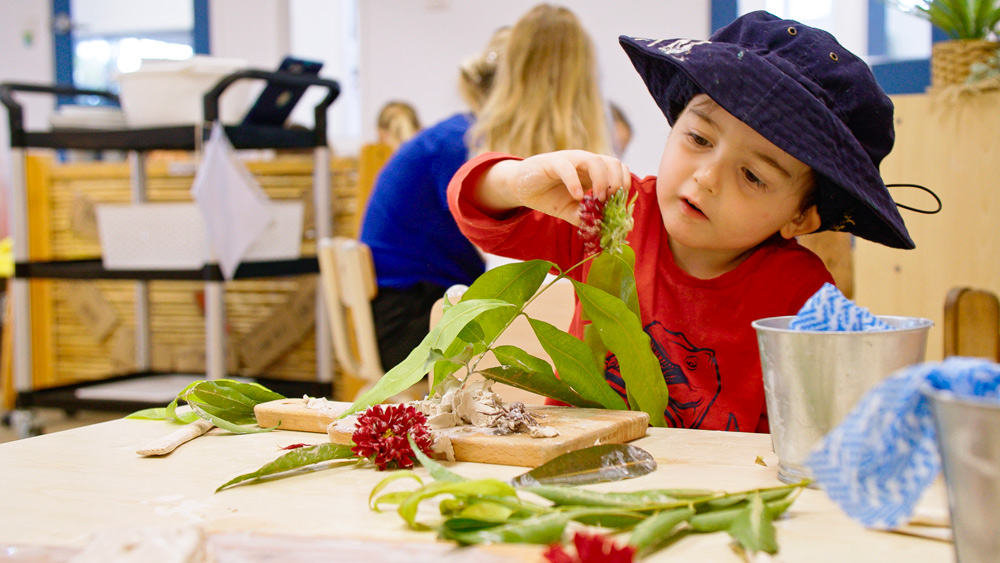Critical Reflection is defined as an intention to gather information and gain insights that support, inform and enrich decision-making. In Early Learning, educators reflect on their practice to identify areas requiring change as well as identifying strengths to help enrich children’s learning.
Our educator’s reflect regularly on their practice and on the week that was, making a conscious decision to accept and be open to change. They recognise that change isn’t about poor performance or poor practice, but instead is about strengthening performance and building professional capacity based on a new way of thinking.
Sanctuary Early Learning Adventure supports and encourages each educator to reflect by creating a learning community that values the time spent on reflection. Our Approved Providers role model and practice critical reflection regularly, supporting the leaders in our centres to steer the reflective process. Opportunities for individual and team reflections are invited and created by building reflection into team meetings, sharing reflections on practice with families and children, and providing resources and training to support the development of a reflective practice process across the childcare centre.
There are three key levels of reflective practice:
- Technical reflection
- Practical reflection
- Critical reflection
Technical reflection is when educators have a growth area in their knowledge of what and how to manage the day-to-day tasks of working with children and how to apply the knowledge they learnt in their training to a holistic child care setting.
Practical reflection is when childcare educators identify growth within the interplay between principles and practices, the assumptions that underlie the practice and how these relate to values and goals.
Critical reflection, is identified growth with issues beyond what is happening in the program. It involves thinking about how our own biases and beliefs may be influencing our practice.
Reflection is a lifelong process required for personal and professional growth. Our teams value feedback as an important mechanism for building capacity and reflecting on their early learning practice, they also further develop skills to support self awareness.
Our community of practice is a coming together of individuals who share a passion and an interest in the same issues and beliefs. It is formed by groups of people who share a common concern, a set of problems, or a passion about a topic, and who deepen their knowledge and expertise in this area by interacting on an ongoing basis. These people don’t necessarily work together every day, but they meet because they find value in their interactions. As they spend time together, they typically share information, insight and advice. - Cultivating Communities of Practice: A Guide to Managing Knowledge: Wenger, McDermott & Snyder 2002.






